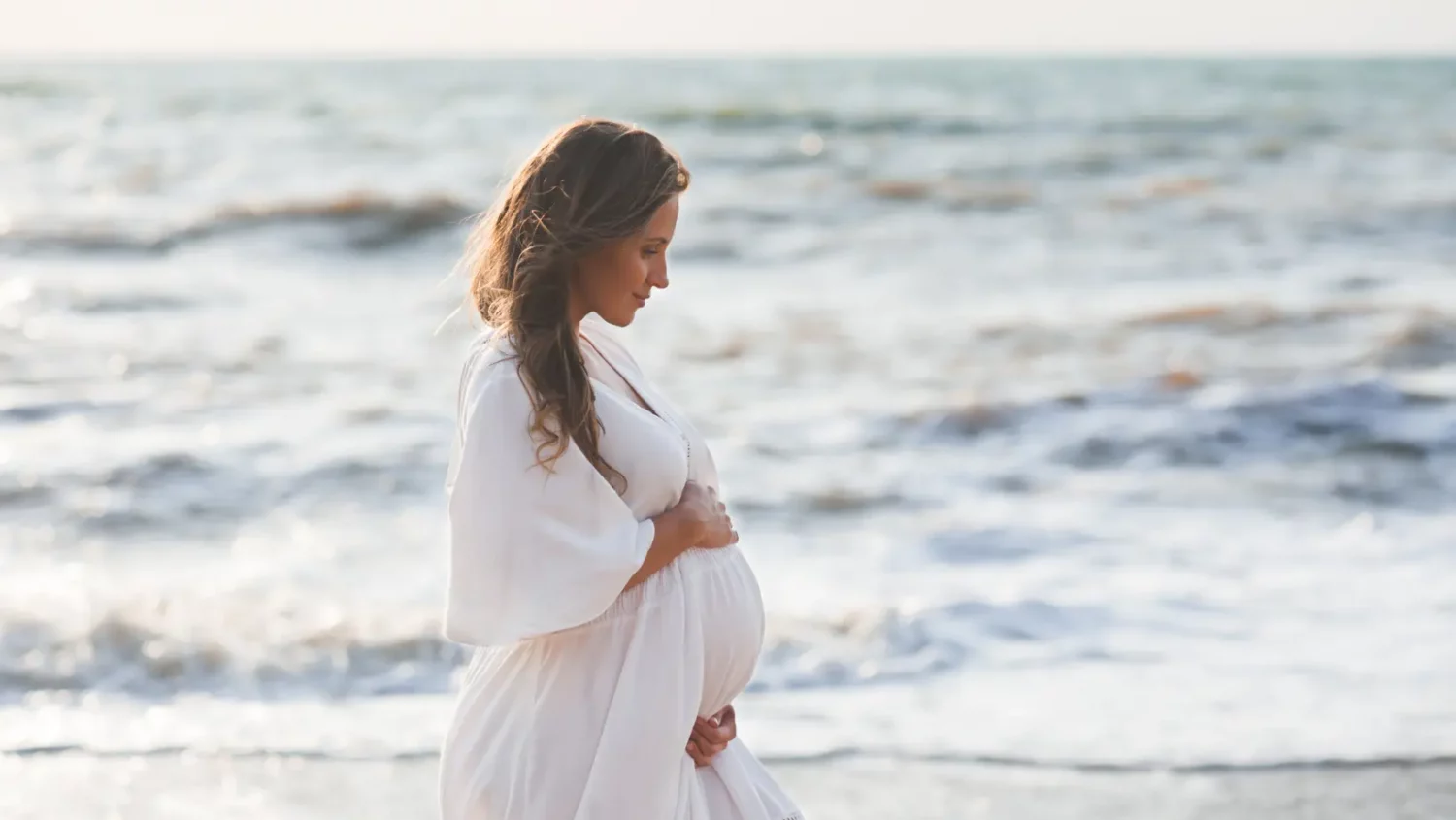To learn about the measures you should take to avoid the Zika virus, read the previous article Protection Measures for Insect Bites.
For travellers returning from countries in Zika risk zones, you should:
- For pregnant women, if you develop symptoms that could be associated with Zika, you should see your health professional.
- For women who want to become pregnant, it’s strongly recommended that you use condoms or avoid unprotected sexual relations for at least two months before trying to conceive. This ensures that any possible Zika infection is eliminated from your body. However, if you become pregnant within this period, consult your health professional and tell them about your recent trip and the exact place you stayed. If you have travelled in a high-risk zone with your partner, see the additional precautions you should take on return specifically associated with them.
- For male travellers, Zika can remain in the infected person’s sperm for a prolonged period, up to six months after infection, so:
- It’s strongly advised, if you have a pregnant partner, to use condoms or avoid sexual relations during the pregnancy.
- It’s strongly recommended that you wait six months before you and your partner try to conceive a child. Use a condom correctly or avoid having sexual relations.
- It’s suggested that you use condoms or avoid having sexual relations with anyone for six months.
- If you have an illness or serious medical condition before your trip, see your health professional after your return to avoid serious symptoms that could occur after a potential Zika infection.
- Wait at least 21 days after your trip before donating blood. Also, wait six months before donating sperm.
For more information, you can consult the Public Health Agency of Canada’s website for travel and health/safety advice.
I think I have provided you with an in-depth update about the information concerning the Zika virus for pregnant women and the general population. I hope this information can help and guide you to the right resources when preparing your trip to ensure it’s safe for you and your baby, either expected or planned.
Marie
The Baby Expert


